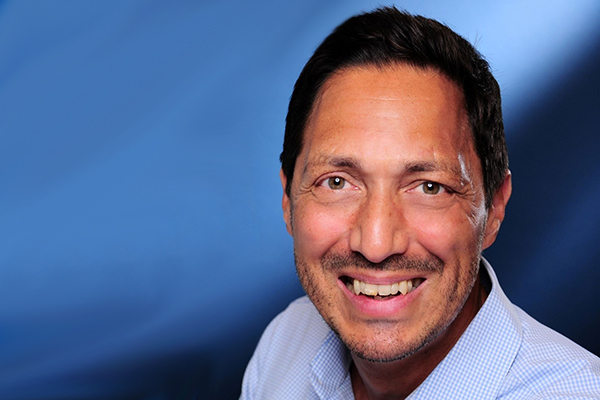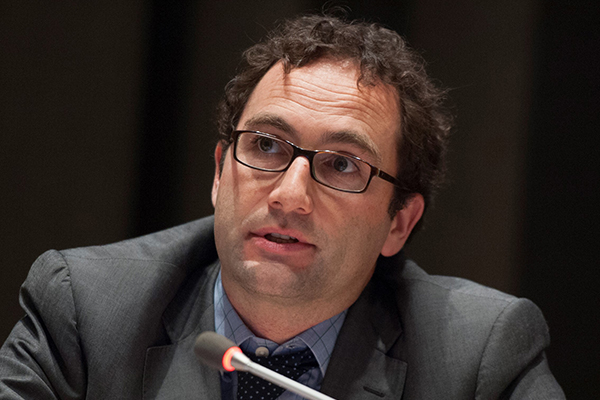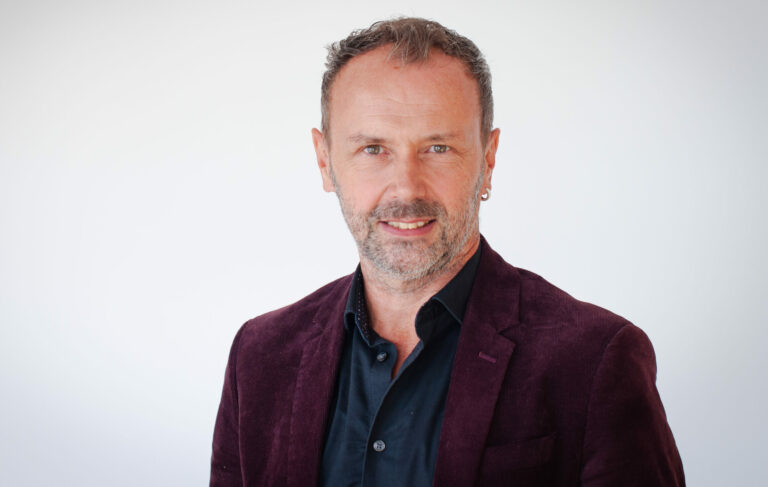| Author: | Sid Peruvemba |
| Date: | 18. March 2025 |
The recent shutdown of USAID has left the humanitarian and development community in shock. For many, it feels like the end of aid as we know it. For over 60 years, USAID has been present in nearly all African countries, with too many projects relying heavily on US funding. Our organization is also affected. Partner hospitals, for example in Tanzania, have already dismissed staff funded by USAID projects, and one of the urgent and pressing concerns is the fate of the PEPFAR program, which provides antiretroviral drugs for HIV/AIDS treatment on a large scale. It’s clear that no one can fill this gap.
As troubling as it may seem, I don’t view this shock as the end of the world. Foreign aid has long been marred by inefficiencies and questionable projects (the X.com account of DOGE puts some of them in the window, and there is possibly some truth behind the polemics). Stopping aid abruptly is unfair, irresponsible, and senseless, but in general, I understand the valid and growing concern, particularly in Europe, about where taxpayers’ money is going. In this context, a smarter approach would have been if Trump had announced a gradual phase-out over, say, three years, with the goal of continuing only a percentage of the best projects thereafter, i.e. the projects that have been able to demonstrate excellence. This would have given partners the opportunity to prepare, demonstrate impact and efficiency, improve systems, and reduce dependency.
Interestingly, not everyone shares Northern concerns about the end of USAID. While it’s true that the cessation of USAID could negatively impact local economies, it could also serve as a wake-up call for developing countries. It is undisputed that, for example, African countries could not only survive but thrive without aid if they harness their abundant resources. In fact, there’s no proven correlation between aid and growth; quite the opposite, if half of what Dambisa Moyo and William Easterly argue in their books holds true.
What is also striking is how the various forms and instruments of aid are often lumped together in these discussions. It is high time to emphasize the difference between development aid and humanitarian aid. Why? Because I strongly believe in the non-negotiable humanitarian imperative – the moral obligation to save lives – which continues to have widespread moral and financial support across the globe. This includes also to ensure that structurally relevant services and programmes which are now under threat, such as early warning systems, air service providers, logistics etc. are also in future funded in a sustainable way.
However, I don’t believe in never-ending funding and perpetual development projects that promise positive change, even if this might mean to accept in some contexts that people in need might end up without support. This may sound cynical, but on the other hand our narrative and approach is full of “power to the people” and that we must not victimize people. So then why we put so little trust in people, their resilience and their ability to adopt even to a phasing out of aid?
Aid is important, but the system is in desperate need of disruption. Public funds are limited; it’s not just USAID that’s cutting aid. It’s simply unsustainable and unrealistic to maintain an indefinite safety net for so-called poor countries. We need to come up with more brilliant ideas for a better world than relying on an industrialized system in which we’ve grown comfortable. Aid has increased, not only because there is more need, but because over the years we have made it bigger than it should be by putting all facets of good life (or what the West believes a good life is) in it. A radical “back to basic” approach – food, health, shelter, education – could save money and lives. Combine this with new collaborative approaches within our community – why are there so few mergers? – and outside.
Perhaps President Trump has unintentionally triggered an improvement in the system in the long run. This is in our hands.
Sid Peruvemba is Speaker of the Board of action medeor e.V., as well as a current board member of Aktion Deutschland Hilft and a member of the Konrad-Adenauer-Foundation’s working groups on development and global health. His work focuses on international assistance in conflicts, linking humanitarian aid and development, localizing aid, and driving system change in humanitarian aid.





